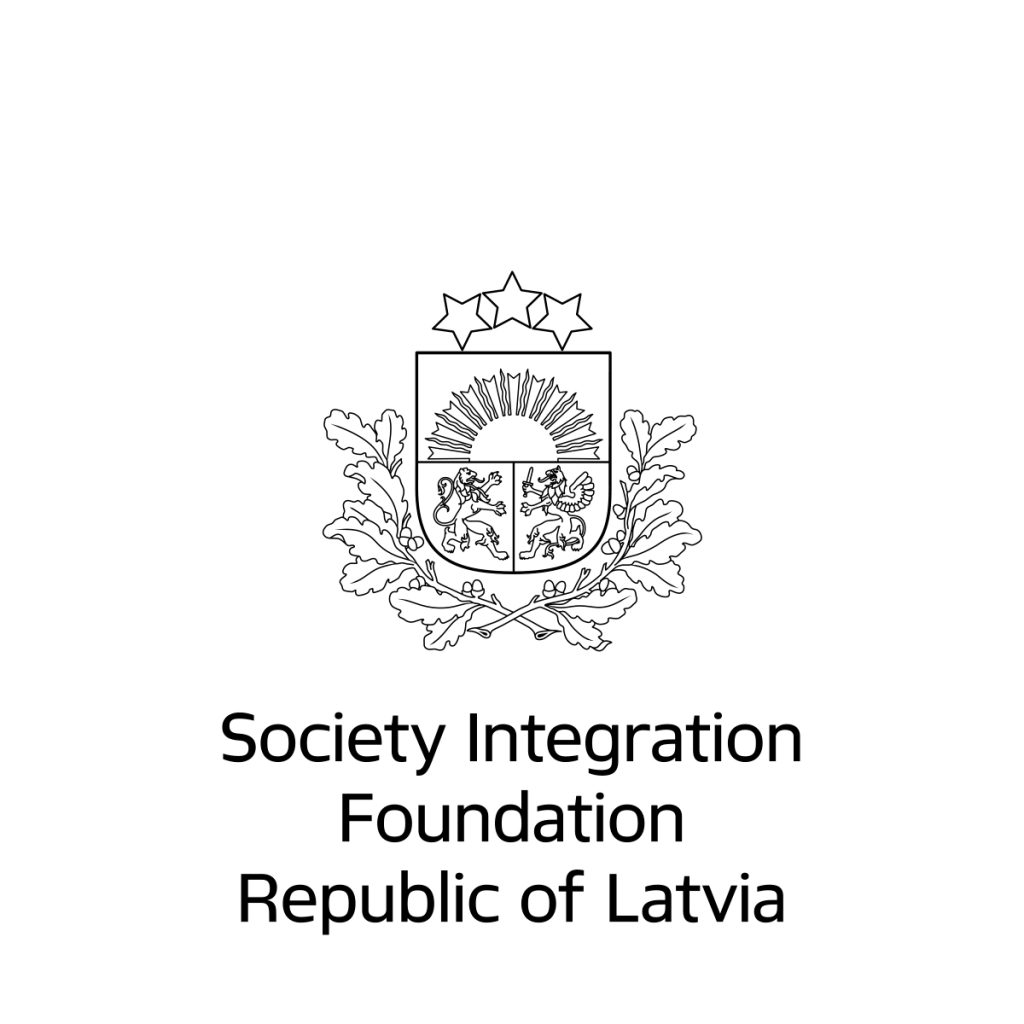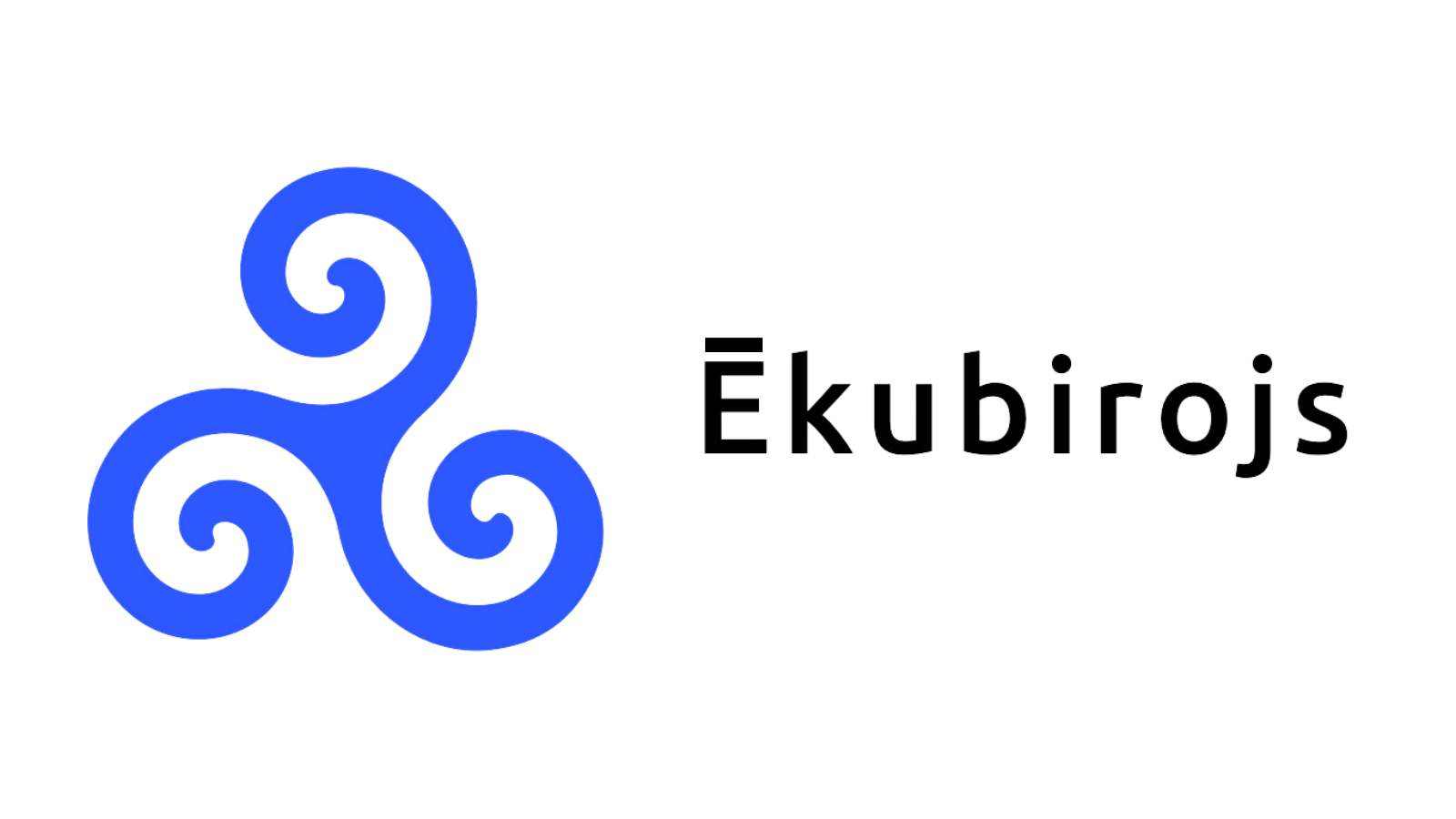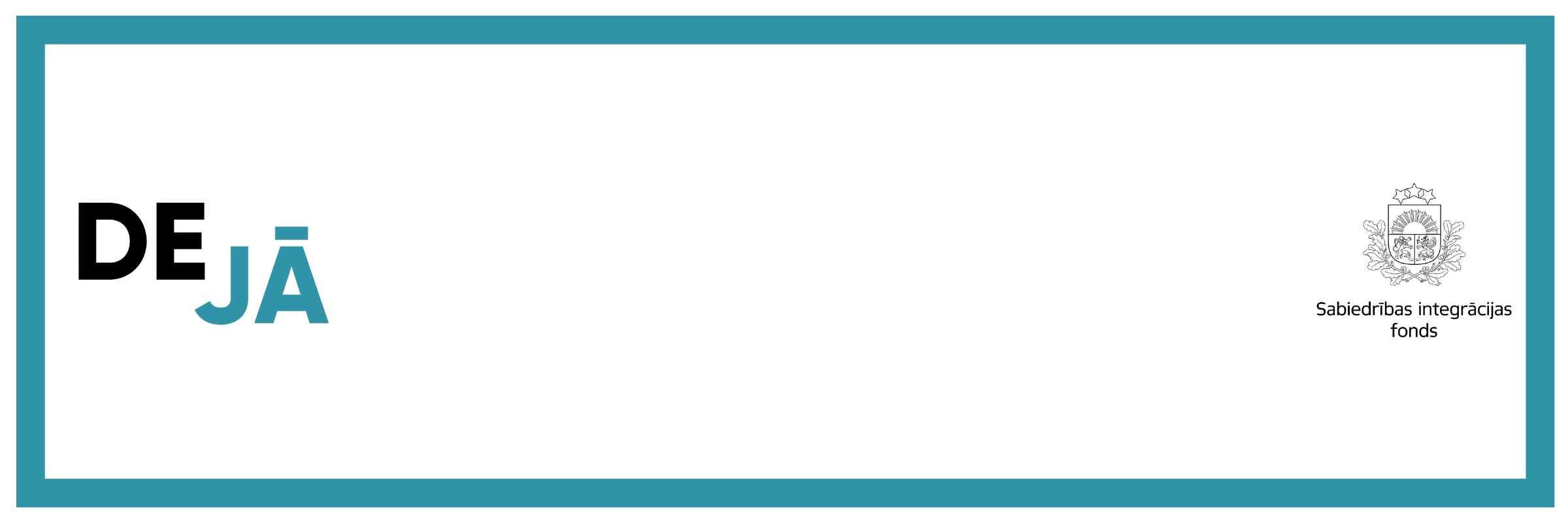
“DE-JĀ!” seeks to foster sustainable development at the community level and bring about long-lasting good change by providing local stakeholders with information, resources, and expertise. Among these stakeholders are active residents, municipal employees, building managers, and active citizens. The general standard of building rehabilitation in the region is anticipated to rise due to encouraging improvements and knowledge sharing within the community.
The project meetings will allow stakeholders to expand their awareness of many elements of building renovation projects. Participants will receive significant insight into how such initiatives are initiated, designed, and implemented. Furthermore, they will learn about the necessary documents, funding sources, administrative procedures, and common issues frequently impeding the renovation process.
The “DE-JĀ!” project aims to provide local authorities with valuable knowledge, skills, and information. This involves distributing forms and templates that may be utilised to execute building renovation projects. The initiative will improve collaboration and synergy within local communities by enhancing decision-makers’ and stakeholders’ capabilities.
The “DE-JĀ!” initiative will use a vertical hierarchy method to ensure community mobilisation at all municipality levels. This inclusive strategy empowers local stakeholders with long-term knowledge, capabilities, and tools that may be used without direct engagement from Ēkubirojs. The initiative aims to promote sustainable building renovation methods throughout the area by leveraging local human resources’ experience and knowledge.
The project’s advantages extend beyond building renovations. Greater cooperation and collaboration among decision-makers, stakeholders, and residents in local communities will result in a more successful and inclusive foundation for future endeavours. By establishing these relationships, the initiative hopes to instil a feeling of ownership and shared responsibility for Latvian communities’ long-term growth.

The project is supported by the Society Integration Foundation with the Latvian State budget.


